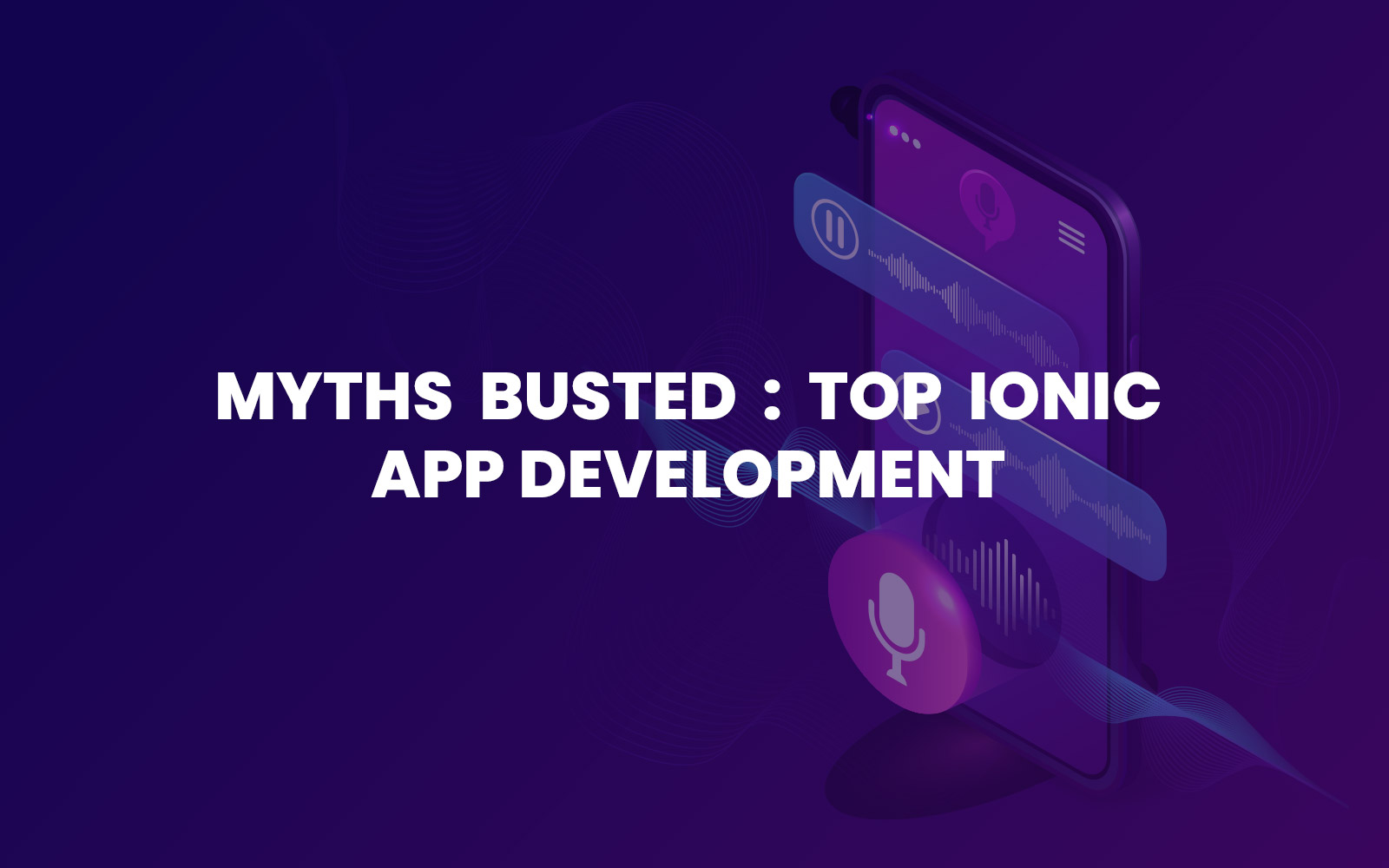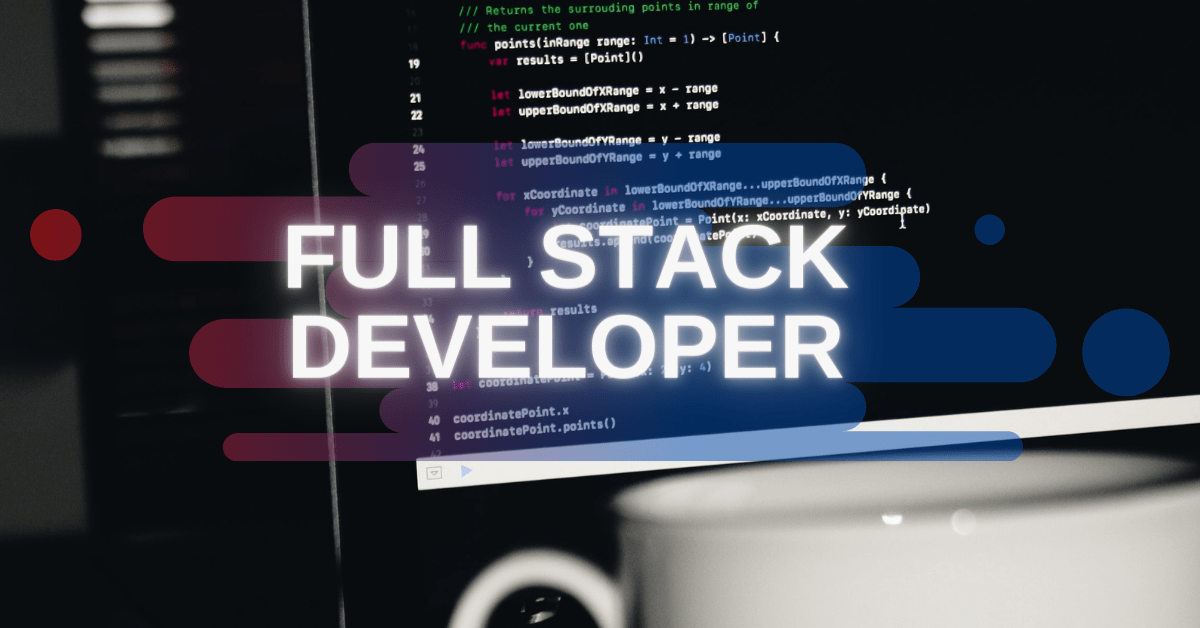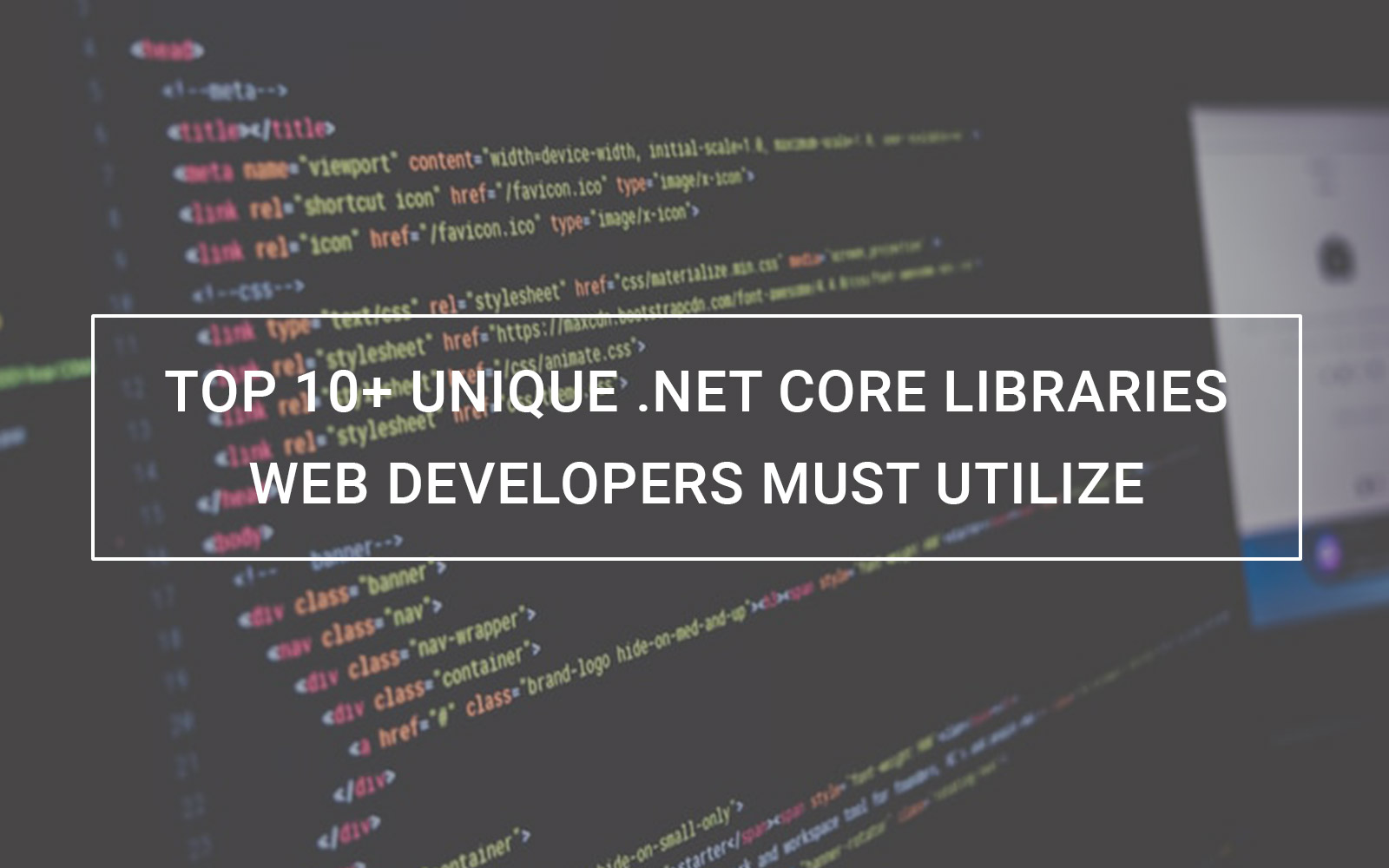In the last decade, we have seen a gradual shift happening from desktop applications to mobile applications. Mobiles apps provide your business a means to reach a more wide and heterogeneous audience. The mobile app industry has been increasingly growing over the last few years & will continue to follow its growth trajectory in coming years as well.
New app development frameworks are coming to life that makes it easy for app developers to build mobile applications that work across all operating system irrespective of their codebase. Talking about frameworks, we can segregate them into two main parts:
- framework to develop native apps and
- frameworks to develop a hybrid or cross-platform apps.
A native framework is used for developing native mobile applications that work only on a single inherent platform. Whereas the hybrid framework is used for developing applications that can run on multiple platforms. This is fascinating. Right? Who wouldn’t want to develop apps that can run on multiple platforms like Android & iOS? Everywhere.
But to develop such hybrid apps you must use the right hybrid app development framework. And here’re our pick of top hybrid app development frameworks to use in 2021.
Top Hybrid App Development Frameworks to use in 2021
In 2021, many app development frameworks have become exceptionally advanced. You can choose one based on your hybrid app development requirements. So, without further ado let’s start.
1. Ionic Framework:
Ionic is one of the most popular frameworks when we talk about hybrid app development framework. It is built on top of AngularJS, & Cordova, and recent upgrades show that Ionic has rolled out support for Vue and other JS-based libraries. Using Ionic, developing PWAs or progressive web apps is quite easy.
The best thing about Ionic is its learning curve, which is not that steep and developers will enjoy working with such a framework. The rich library and premier user interface elements enable the app developers to build top-class hybrid apps and PWAs. Moreover, it allows developers to create apps with fascinating designs and graphical elements.
Also read: Debunking Top Ionic App Development Myths (Busted)
The Ionic hybrid app development framework will help developers create apps with sleek UI design, image design & placement, typography, innovative themes, etc. Another function Ionic offers is CLI (Command Line Interface) tool that can help build hybrid apps using TypeScript & Node.JS. The CLI comes with a built-in development server, debugging tools, and other facilities to better the app development.
2. React Native Framework:
Originally developed as a web interface platform, React Native was officially released as a hybrid app development framework by Facebook in 2015. And since its launch, the framework has become one of the best hybrid development frameworks that most developers & programmers favor. It has marked its name up till 2020 and will likely continue to do so in 2021 as well.
It’s a tough pick for developers when Ionic & React Native comes head-to-head. While most say that Ionic leads to better UI & performance in hybrid apps, React Native, on the other hand, provides users with apps that can render a native-like experience. This means React Native has a huge potential that can establish itself as the #1 hybrid app development framework.
Also read: How React Native Is Shaping Mobile App Development
Learning React Native in a short period is not possible. One needs to give it a time to properly understand its structure and gain expertise to develop hybrid mobile applications that work on both Android & iOS platforms. But of course, there are certain things that one gets to learn while using React Native for app development.
3. Flutter:
Flutter is Google’s premier open-source SDK that has been able to earn a reputable name for itself in the hybrid app development community. There is a lot of hype around this framework for the last few years and is expected to outpace the above two leading frameworks. The framework incorporates powerful Dart language, which is also magnum opus from Google.
Another great thing about this hybrid app development framework is it uses a 2D rendering engine named Skia for making visuals. This aids to create excellent libraries & widgets. Thanks to the single codebase for both Android & iOS, developers can create high-productive value apps with Flutter. Furthermore, the framework allows the creation of exceptional MVPs (Minimum Viable Product) with highly creative UI elements & flexible designs.
Any new innovation from Google becomes a hot topic of discussion among the big tech forums. Big brands like Alibaba, Hamilton, Birch Finance, etc. want to develop apps using the flutter framework. Moreover, the framework and the new language it introduced have disrupted the market and created new jobs for developers to grab.
4. Xamarin:
Owned by software giant Microsoft, Xamarin is another great Hybrid app development framework. The sole reason developers choose this framework over others is its intelligence. Written in C#, one of the modern, improved & better languages than Java & Objective-C makes Xamarin a unique hybrid app development framework.
Thanks to the uniqueness of Xamarin, it can include Java, Objective-C, & C++ libraries. Also, it has a huge assemblage of libraries, which aids in the reduction of explicit cost and does not create budgeting issues. And developers love to use such a platform, that offers the perfect balance between creativity & budget by equaling them out in hybrid apps. This is where it gets interesting and makes Xamarin compete with the React Native framework for the top position.
Xamarin is a versatile framework to develop not only Android & iOS but also for Windows & other OSs. Hybrid apps developed on Xamarin are known for their performance & user experience just like a native app. Moreover, Xamarin apps are powerhouse thanks to the native UI controls they offer.
5. PhoneGap:
Yes, you may think that with so many great hybrid app development frameworks out there, why one needs to use the PhoneGap? To answer that first let’s get to know what PhoneGap is.
PhoneGap or also known as Apache Cordova since it was acquired by Adobe. Supported by the Cordova framework, PhoneGap is one of the top hybrid frameworks that allow you to write apps in JavaScript, CSS3 & HTML5. With one code for all platforms, PhoneGap provides reliability & compatibility. This significantly reduces the efforts developers put into creating apps.
The framework is cost-effective, which makes it a great choice for apps with tight budget constraints. Other great features PhoneGap offers are easy to access to Native APIs, noteworthy UI libraries, strong backend support, and many more. One interesting feature framework has is called build, which is a cloud compiler & can compile apps even without needing any SDK.
Using this and other features of PhoneGap, developers can craft apps with heavy customization that have the potential to reach a wider audience & operate on full efficiency. The most important thing here is the trust of Adobe.
6. NativeScript:
Want your hybrid apps to be coded in scripting languages like JavaScript, TypeScript, or Angular? If yes, then the NativeScript is your best bet. The framework has access to APIs of Android & iOS devices. So, the NativeScript apps use the same APIs that are used in Android Studio & XCode frameworks.
Without the need for the wrapper, apps created using NativeScript can be integrated with CocoaPods, Maven, & others. Reflection is another great feature NativeScript has that handles native API endpoints. NativeScript uses this feature instead of needing different binding layers between mobile platform API & the framework itself. What reflection does gain the information & metadata.
7. Quasar:
Powered by Vue.JS, the Quasar framework allows developers to build a website, mobile app, & desktop by writing code once & deploy it simultaneously using a single codebase. Quasar framework offers state-of-the-art UI that follows the guidelines of material design from Google.
Other features the framework offers are CSS/JS/HTML minification, tree shaking, cache busting, lazy loading, code splitting, source mapping, and many other accessibility features. The creator of this framework claims that it is the most performance-oriented hybrid app development framework.
Wrapping Up
So, these were the top hybrid app development frameworks to use in 2021. You can pick any one of the frameworks to develop your apps based on your needs & features. Surely, they are at the top of their game & will remain so in coming years too.
New frameworks like Flutter have been able to disrupt the market and shake the frameworks in top positions. Thus, stating who is on the topmost spot will be hard. But in general terms, every one of the frameworks offers great features.
Want to develop a hybrid app that works across platforms? M-Connect Solutions is a team of apt app developers offering to develop the most robust, interactive, & high-end hybrid apps that are performance beast. Contact us to discuss further & kickstart your project now.
About Hemant Parmar
Hemant Parmar is an eCommerce expert and a keen Magento consultant who specializes in meeting the needs of businesses in the e-commerce space. Years in the eCommerce market make him a perfect choice for sharing his expertise on eCommerce and Magento 2 development. He believes that customers need to be met no matter how challenging it might be.
Read More




